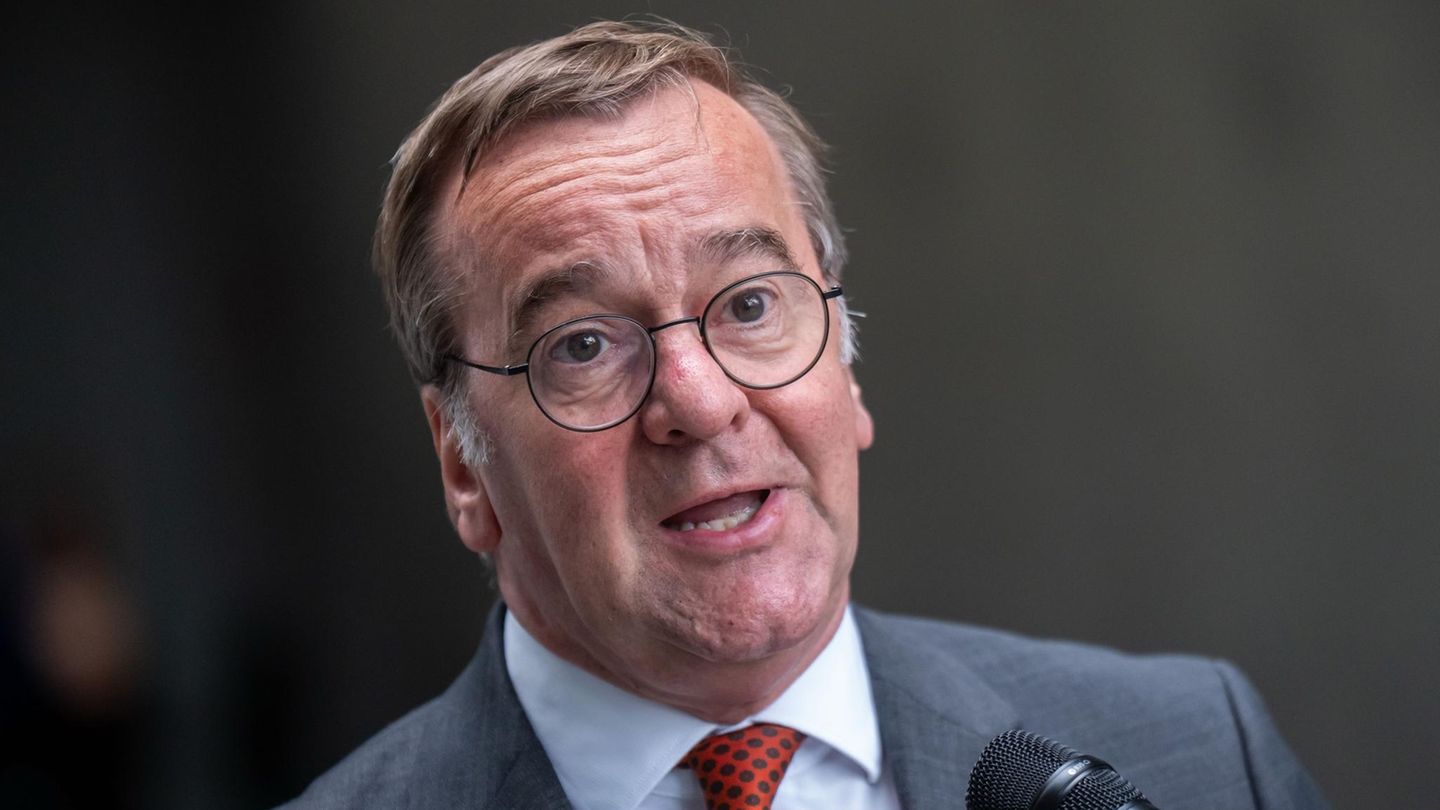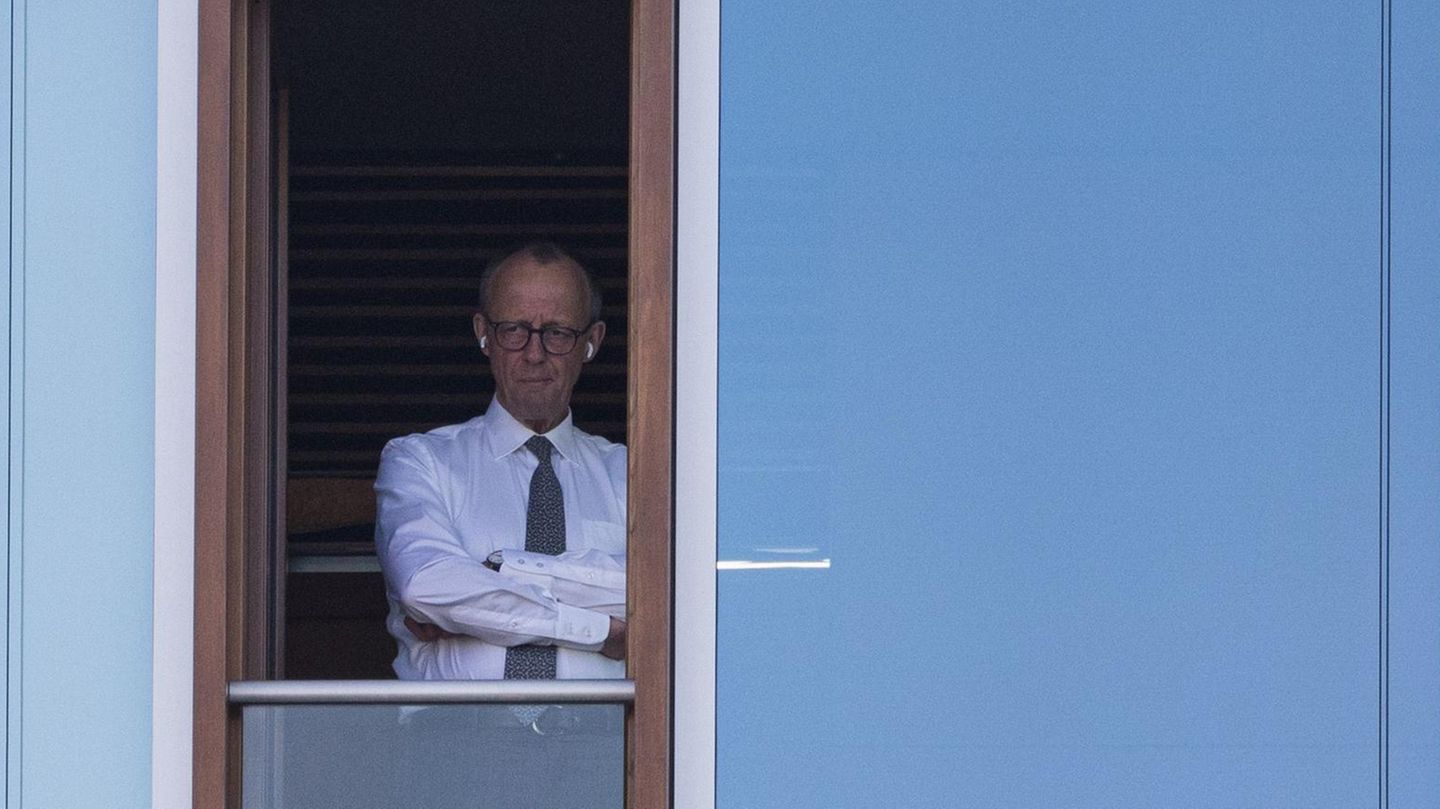I have been working in the news industry for over 6 years, first as a reporter and now as an editor. I have covered politics extensively, and my work has appeared in major newspapers and online news outlets around the world. In addition to my writing, I also contribute regularly to 24 Hours World.
Menu
Special meeting in the Bundestag: What you need to know about the financial package
Categories
Most Read
Bundeswehr: Coalition agreement on military service collapsed
October 14, 2025
No Comments
Pro-Russian cyber attack: Hackers attack public procurement portal
October 14, 2025
No Comments
Protests in Madagascar: Military takes power in Madagascar
October 14, 2025
No Comments
Revolt against pension reform: The Union MPs must be brave!
October 14, 2025
No Comments
Hamas hostages: What happened to the women from Israel
October 14, 2025
No Comments
Latest Posts

Opposition victory in Cameroon election?
October 14, 2025
No Comments
Opposition candidate Issa Tchiroma Bakary (79) declared himself the winner. Long-time president Paul Bija (92, left) with his wife Chantal The 79-year-old announced on Tuesday:

Compulsory military service: SPD surprisingly drops compromise
October 14, 2025
No Comments
Coalition dispute Scandal over military service: Pistorius lets Union appear Listen to article Copy the current link Add to wishlist On Tuesday afternoon, the Union

Tension due to the shortage of pesos: the Treasury must choose between validating very high rates or releasing liquidity to the market
October 14, 2025
No Comments
Short rates in pesos once again register a marked bullish pressure in the midst of a context of strong illiquidity in the financial system. In
24 Hours Worlds is a comprehensive source of instant world current affairs, offering up-to-the-minute coverage of breaking news and events from around the globe. With a team of experienced journalists and experts on hand 24/7.

